Books by Robert R. McCammon
Baal
Bethany's Sin
Blue World
Boy's Life
Gone South
Mine
Mystery Walk
The Night Boat
Stinger
Swan Song
They Thirst
Usher's Passing
The Wolf's Hour
Published by POCKET BOOKS
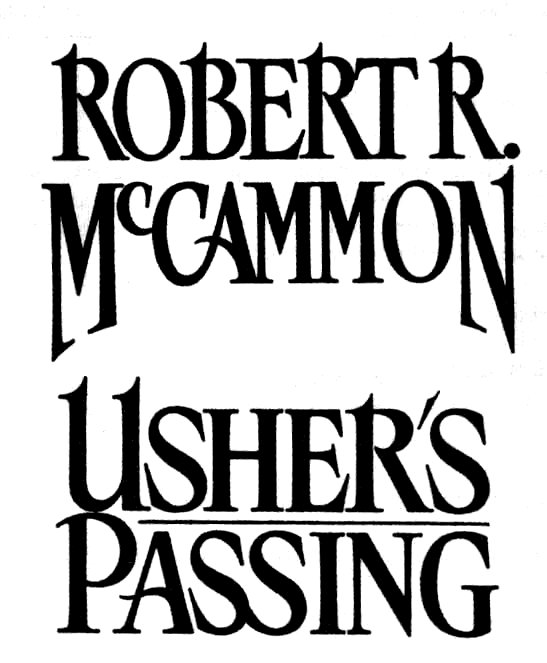
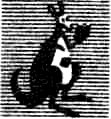 POCKET BOOKS
POCKET BOOKS
New York London Toronto Sydney Tokyo Singapore
The sale of this book without its cover is unauthorized. If you purchased this book without a cover, you should be aware that it was reported to the publisher as "unsold and destroyed." Neither the author nor the publisher has received payment for the sale of this "stripped book."
This book is a work of fiction. Names, characters, places and incidents are either products of the author's imagination or are used fictitiously. Any resemblance to actual events or locales or persons, living or dead, is entirely coincidental.
 POCKET BOOKS, a division of Simon & Schuster Inc. 1230 Avenue of the Americas, New York, NY 10020
POCKET BOOKS, a division of Simon & Schuster Inc. 1230 Avenue of the Americas, New York, NY 10020
Copyright 1984 by Robert R. McCammon
Published by arrangement with Henry Holt and Company, Inc.
All rights reserved, including the right to reproduce this book or portions thereof in any form whatsoever. For information address Henry Holt and Company, Inc. 115 West 18th Street, New York, NY 10011
ISBN: 0-671-76992-8
First Pocket Books printing October 1992 10 9 8 7 6 5 4 3
POCKET and colophon are registered trademarks of Simon & Schuster Inc.
Cover art by Kirk Reinert Printed in the U.S.A.
To Michael Larsen and Elizabeth Pomada
I dread the events of the future.
Roderick Usher
The Devil's passing.
Old Welsh expression for calamity
Prologue
I
THUNDER ECHOED LIKE AN IRON BELL ABOVE THE SPRAWL OF NEW York City. In the heavy air, lightning crackled and thrust at the earth, striking the high Gothic steeple of James Renwick's new Grace Church on East Tenth Street, then sizzling to death a half-blind drayhorse on the squatters' flatlands north of Fourteenth. The horse's owner bleated in terror and leaped for his life as his cart overturned, sinking its load of potatoes into eight inches of mud.
It was the twenty-second of March, 1847, and the New York Tribune's weather scholar had predicted a night of "dire storms, fit for neither man nor beast." His prediction, for once, was entirely accurate. Sparks exploded into the sky on Market Street, where the cast-iron stovepipe chimney of a hardware store had been lightning-struck. The clapboard building burned fiercely while a crowd gawked and grinned in its merry heat. Steam-spouting fire engines were delayed, wooden wheels and horses' hooves mired in Bowery ooze. Packs of dogs, rats, and pigs scuttled through the alleys, where gangs like the Dover Boys, the Plug Uglies, and the Moan Stickers shadowed their victims along the constricted, cobblestoned streets. Policemen stayed alive by standing like statues under gas lamps.
A young city, New York was already bursting her seams. It was a riotous spectacle, as full of danger in the hoodlum's blackjack as of opportunity in a spilled purse of gold coins. The confusion of streets led from dockyard to theater, ballroom to bawdyhouse, Murder Bend to City Hall, with equal impartiality, though some avenues of progress were impassable due to swamps of debris and garbage.
Thunder rang out again, and the troubled sky split open in a torrent. It soaked dandies and damsels strolling out the doors of Delmonico's, slammed against the lofty windows on Colonnade Row, and leaked down black with soot through the roofs of squatters' shanties. The rain dampened fires, broke up fights, sped indecent propositions or murderous attacks, and cleared the streets in a sluggish tide of filth that rolled for the river. At least for the moment, the nightly farrago of humanity was interrupted.
Two chestnut Barbary horses, their heads bowed against the downpour, pulled a black landau coach along Broadway Avenue, heading south toward the harbor. The Irish coachman huddled within a soggy brown coat, water streaming from the brim of his low-slung hat, and cursed the decision he'd made early that afternoon to trot his team around to the De Peyser Hotel on Canal Street. If he hadn't picked up that passenger, he thought gloomily, he might now be home warming his feet in front of a fire with a mug of stout at his side. At least he had a gold eagle in his pocketbut what good would a gold eagle be when he was dead with the wet shivers? He flicked a halfhearted whipstrike at the flank of one of his horses, though he knew they would move no faster. Hell's bells! he thought. What was the passenger lookin' for?
The gentleman had boarded in front of the De Peyser, laid a gold eagle on the driver's palm, and told the driver to make all possible haste to the Tribune office. Instructed to wait, he'd held the horses until the black-garbed gentleman had reappeared fifteen minutes later with a new destination. It was a long trek into the country, up near Fordham in the shadow of the Long Island hills, while purple-veined storm clouds began to gather and thunder throbbed in the distance. At a rather dismal-looking little cottage, a rotund middle-aged woman with gray hair and large, frightened eyes admitted the gentlemanvery reluctantly, it had seemed to the coachman. After another half hour in which a downpour of chilly rain had promised the driver an acquaintance with hot salve and oil of wintergreen, the gentleman in black came out with yet another series of directions: back to New York, as quickly as possible, to a number of tawdry taverns in the most unsavory section of the city. South into the Triangle at night! the coachman thought grimly. The gentleman either wanted a cheap trollop or a brush with death.
As they moved deeper into the lawless southern streets, the coachman was relieved to see that the heavy rain was keeping most of the thugs under wraps. Saints be praised! he thought and at that instant two young boys in rags came running out of an alleyway toward the coach. One of them, the driver saw with horror, held a brick intended to smash the spokes of a wheel the better to beat and rob both himself and his passenger. He swung his whip with crazed abandon, shouting, "Go on! Go on!" And the team, sensing imminent danger, surged ahead across the slick stones. The brick was thrown, and crashed against the coach's side with the noise of splintering wood. "Go on!" the coachman cried out again, and kept the horses trotting until they'd left the murderous little beggars two streets behind.
The sliding partition behind the coachman's seat opened. "Driver," the passenger inquired, "what was that?" His voice was calm and steadyaccustomed to giving orders, the driver thought.
"Beggin' your pardon, sir, but..." He glanced back over his shoulder through the partition, and saw in the dim interior lamplight the man's gaunt, pallid face, distinguished by a silvery, neatly trimmed beard and mustache. The gentleman's eyes were deepset, the color of burnished pewter, they fixed upon the coachman with the power of aristocracy. He appeared oddly ageless, his face free of any telltale wrinkles, and his flesh marble white. He was dressed in a black suit and a glossy black top hat, and his long-fingered hands in black leather gloves toyed with an ebony cane topped by a handsome sterling silver head of a cata lion, the coachman had seenwith gleaming emerald eyes.
Next page
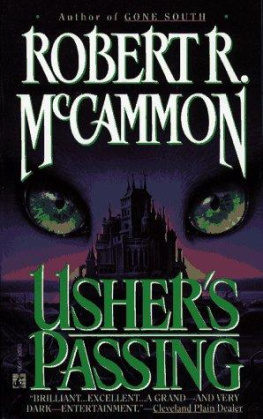
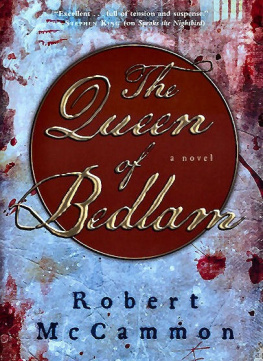
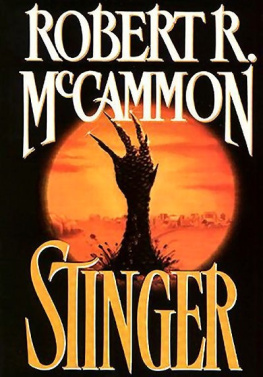
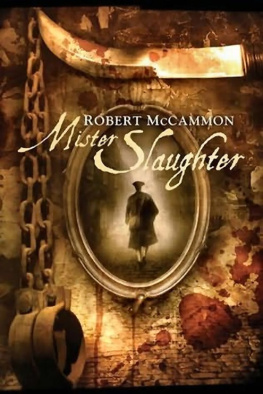
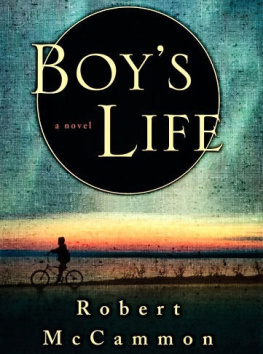
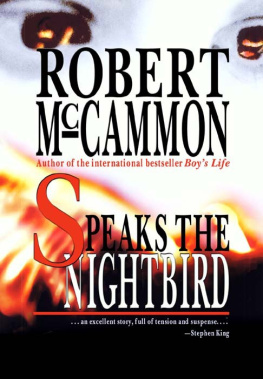

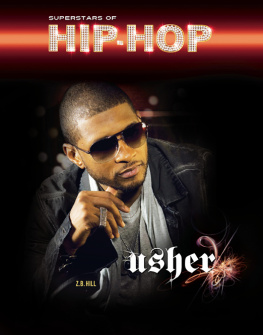
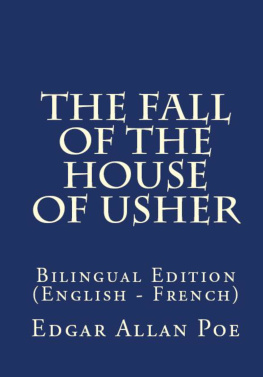
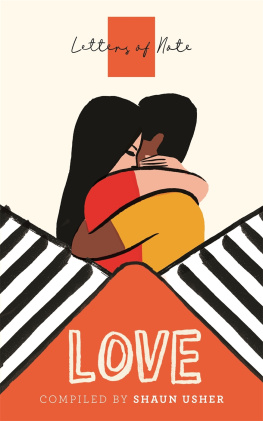
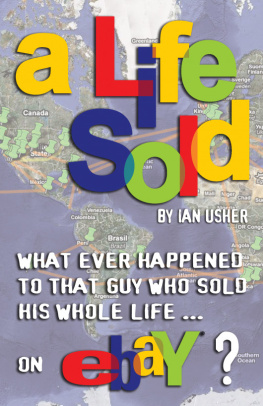
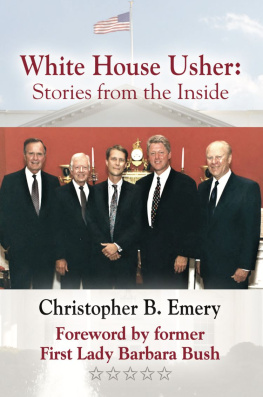
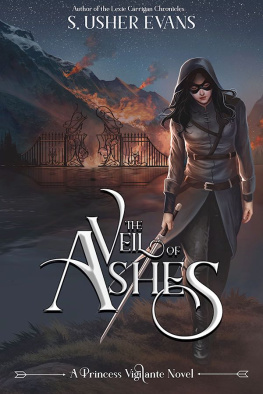
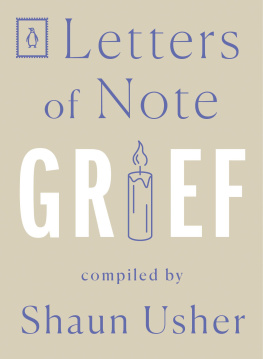
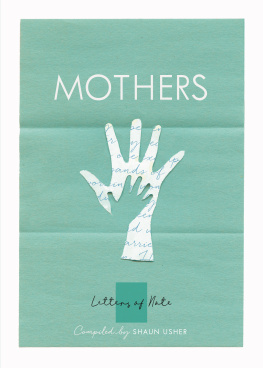
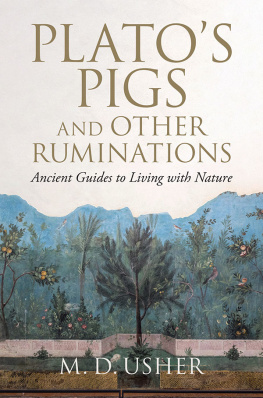

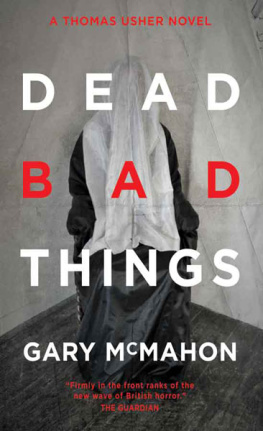

 POCKET BOOKS
POCKET BOOKS